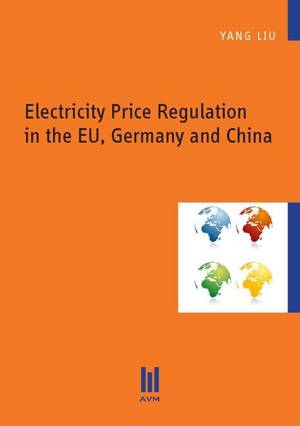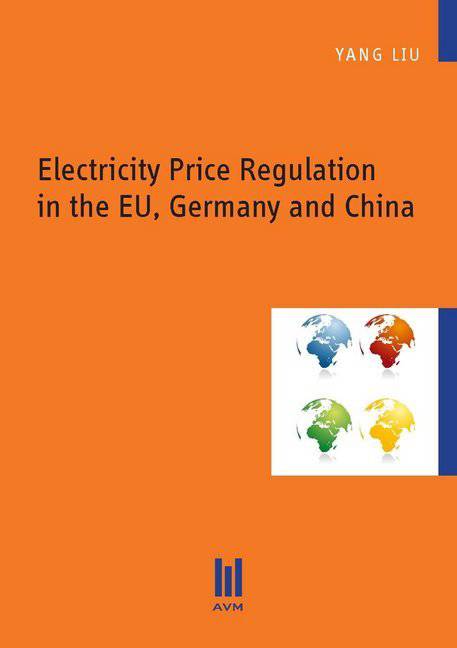
Je cadeautjes zeker op tijd in huis hebben voor de feestdagen? Kom langs in onze winkels en vind het perfecte geschenk!
- Afhalen na 1 uur in een winkel met voorraad
- Gratis thuislevering in België vanaf € 30
- Ruim aanbod met 7 miljoen producten
Je cadeautjes zeker op tijd in huis hebben voor de feestdagen? Kom langs in onze winkels en vind het perfecte geschenk!
- Afhalen na 1 uur in een winkel met voorraad
- Gratis thuislevering in België vanaf € 30
- Ruim aanbod met 7 miljoen producten
Zoeken
Omschrijving
In the given economy, the network industries play a special role. The electricity networks can be seen as natural monopoly, because one electricity grid can be operated at lower cost than two or more. Determined by the monopoly networks, grid charges will raise the cost of consumers. In order to correct them, regulation is necessary. It must ensure that the tariff of the electricity price and the network access service can only be determined by those efficient costs.
The EU and Germany have introduced regulatory provisions to control the grid charge, according to the competitive standard. The People s Republic of China has provided rules to guarantee the grid charge according to efficient costs, too.
The goal of this dissertation is to analyze, how the grid charges are regulated in the EU, Germany and China. This seems to be a fascinating research perspective, with respective energy regulatory laws and their roles in different political/economic environments. The question to be answered is, if there are overall regulatory principles and mechanisms, which are more of common nature than one expert.
The EU and Germany have introduced regulatory provisions to control the grid charge, according to the competitive standard. The People s Republic of China has provided rules to guarantee the grid charge according to efficient costs, too.
The goal of this dissertation is to analyze, how the grid charges are regulated in the EU, Germany and China. This seems to be a fascinating research perspective, with respective energy regulatory laws and their roles in different political/economic environments. The question to be answered is, if there are overall regulatory principles and mechanisms, which are more of common nature than one expert.
Specificaties
Betrokkenen
- Auteur(s):
- Uitgeverij:
Inhoud
- Aantal bladzijden:
- 302
- Taal:
- Engels
- Reeks:
Eigenschappen
- Productcode (EAN):
- 9783869243504
- Uitvoering:
- Paperback
- Afmetingen:
- 152 mm x 210 mm
- Gewicht:
- 386 g

Alleen bij Standaard Boekhandel
+ 147 punten op je klantenkaart van Standaard Boekhandel
Beoordelingen
We publiceren alleen reviews die voldoen aan de voorwaarden voor reviews. Bekijk onze voorwaarden voor reviews.









